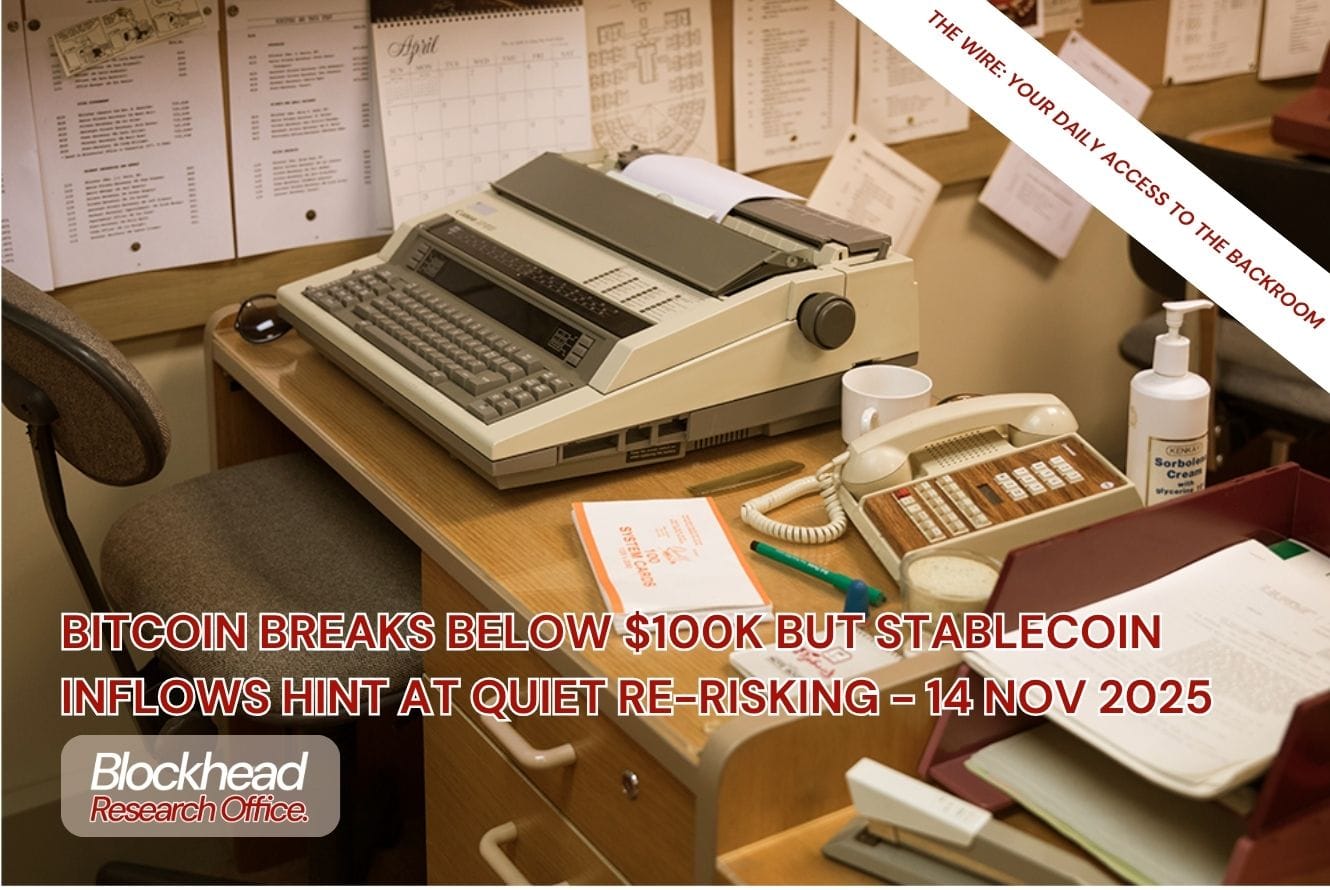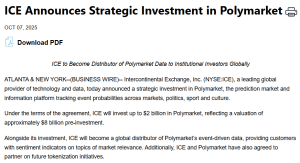Grayscale Investments has announced that it would waive the sponsor’s fee and reduce the costs associated with staking for the Grayscale Solana Trust (GSOL) for up to three months, or until the fund’s assets under management reach $1 billion, whichever comes first.
The firm also shared that it would begin staking up to 100% of its Solana holdings, offering a 7.23% staking reward rate to investors.
“By waiving the management fee and reducing the staking fee for GSOL, we’re directing more of the economics to investors,” said Inkoo Kang, senior vice president for ETFs at Grayscale. “We have been staking in GSOL since October 6th, even before it became an ETP. GSOL aims to deliver real long-term benefits for investors, highlighted by our diversified validator approach, a key aspect of the staking program deployed in GSOL,” he stated.
The temporary fee waiver applies to both new and existing investors, according to the company. GSOL, which trades on OTCQX, offers exchange-listed exposure to Solana and live staking rewards through a leading validator network.
Grayscale’s new ETF attempts to address outflows
Grayscale Bitcoin Trust (GBTC), the fund manager’s flagship crypto ETF, has seen more than $12 billion in net outflows since it was converted to a spot Bitcoin ETF in early 2024.
Analysts have attributed much of the outflow to its relatively high 1.5% expense ratio, which is higher than that of its rivals, such as BlackRock’s iShares Bitcoin Trust and Fidelity’s Wise Origin Bitcoin Fund, both of which charge 0.25%.
Investors seem to be moving to lower-fee alternatives, with Grayscale’s CEO acknowledging that fees will likely decrease over time to stem further redemptions.
The GSOL fee waiver appears designed to reset market perception and show to Grayscale’s investors, both current and potential ones, that it is willing to pass more value to shareholders.
Institutional and corporate money entering Solana
For Grayscale, expanding its Solana offering could also help diversify its ETF revenues away from Bitcoin, where competition has eroded market share. By staking all of GSOL’s Solana holdings, Grayscale is offering investors a chance to earn more yield beyond simple price appreciation.
According to Grayscale’s official GSOL fact sheet, the gross staking reward rate for the product stands at 7.23% and the net staking reward is 6.60%, though actual returns will depend on network performance and fees.
The company said the temporary fee suspension would last until the fund crosses the $1 billion AUM threshold or the three-month window closes, after which it would charge 0.35% as its fee.
Despite the appeal of a fee holiday and staking rewards, Grayscale also disclosed that GSOL is not registered under the Investment Company Act of 1940 and therefore does not benefit from the same regulatory protections as conventional ETFs or mutual funds.
Solana, still considered a volatile asset, has been getting increasingly popular, with increasing institutional investments coming its way.
Forward Industries recently created the largest Solana treasury company, acquiring over $1 billion worth of SOL.
If you’re reading this, you’re already ahead. Stay there with our newsletter.
Source: https://www.cryptopolitan.com/grayscale-waives-fees-on-solana-etf/


